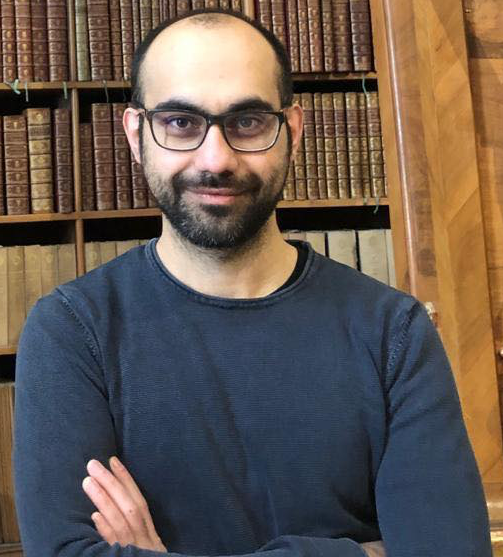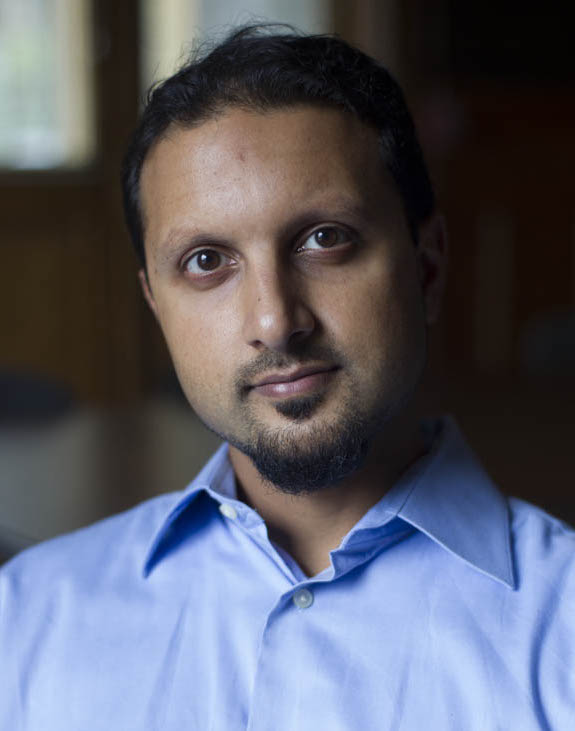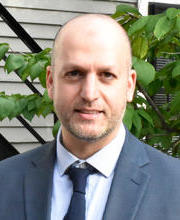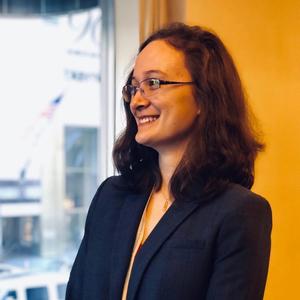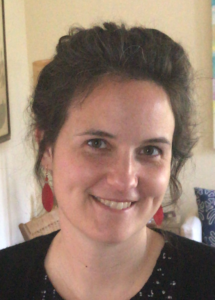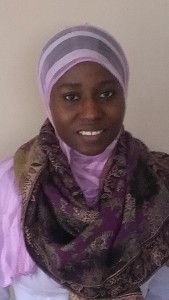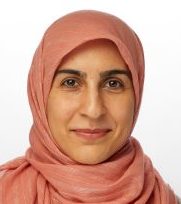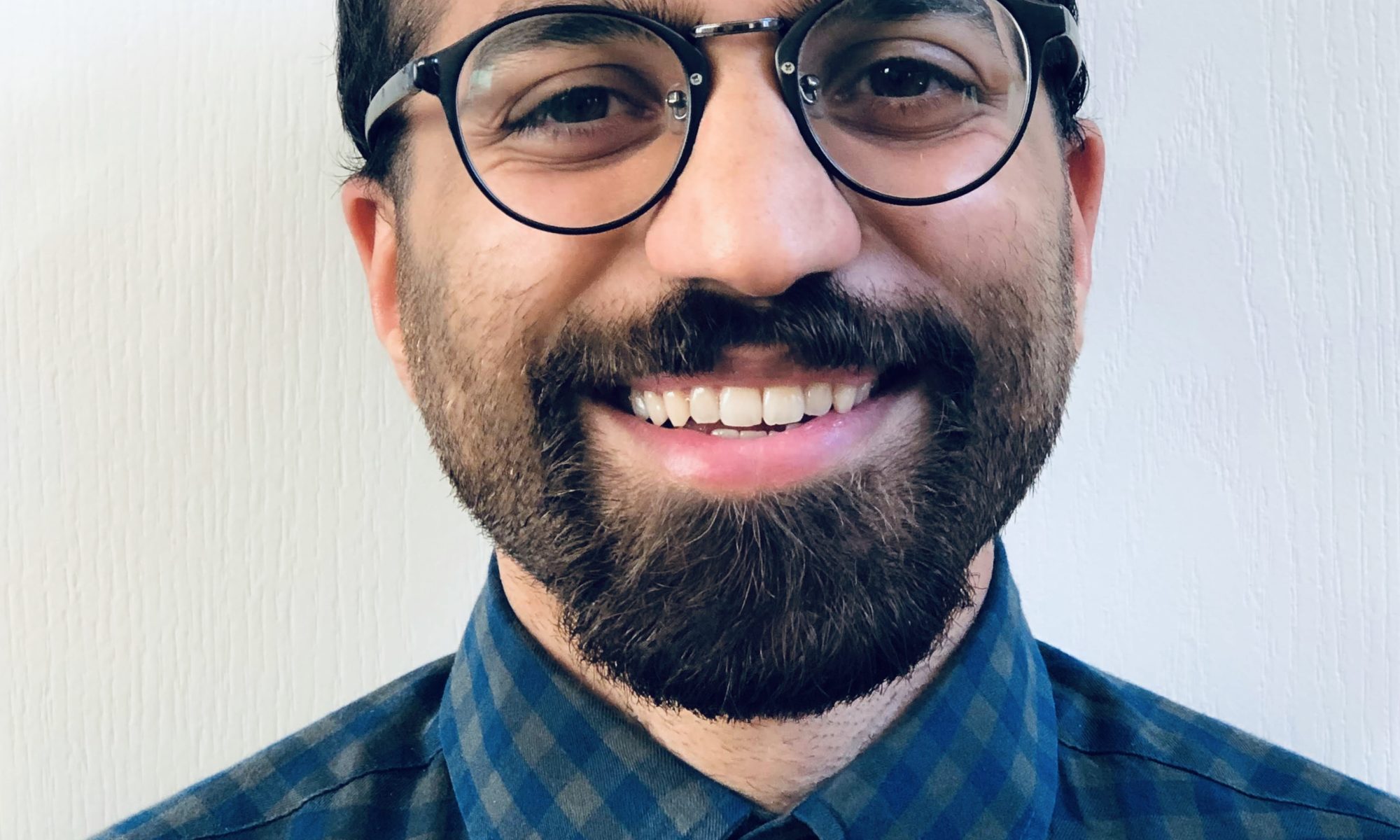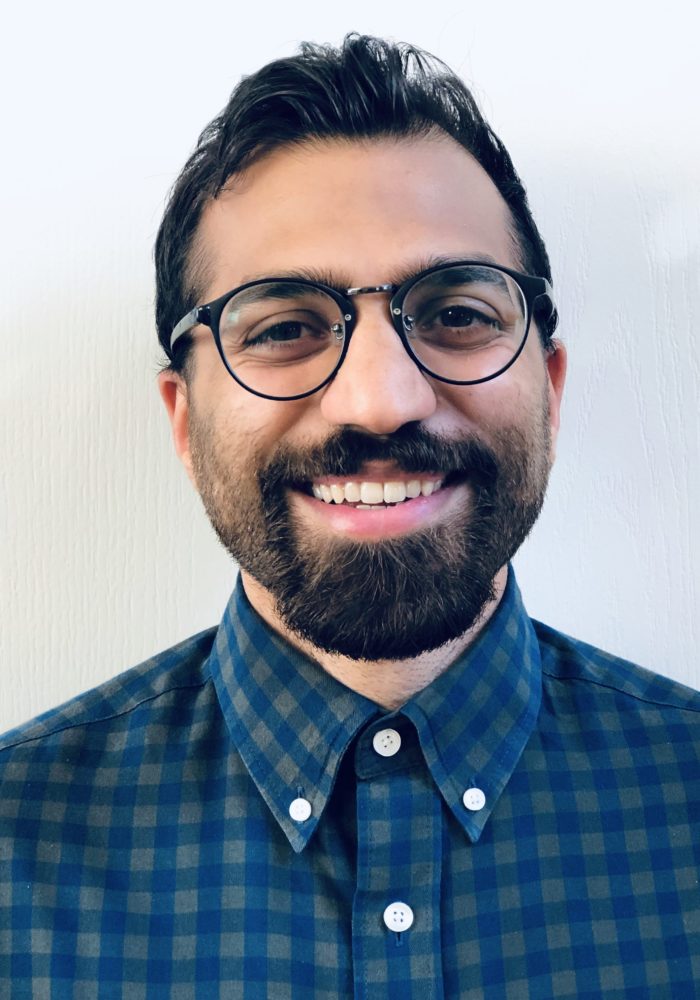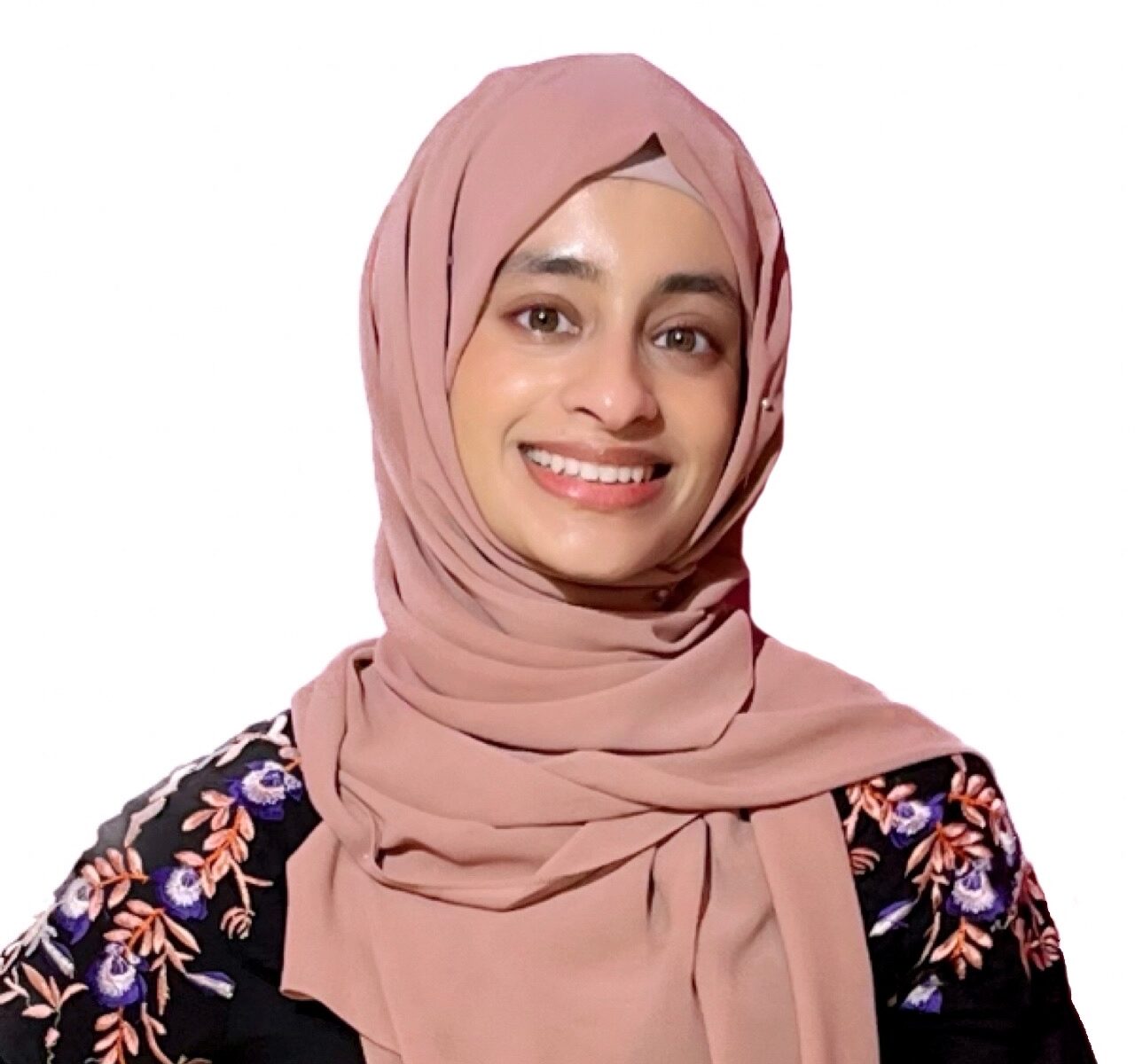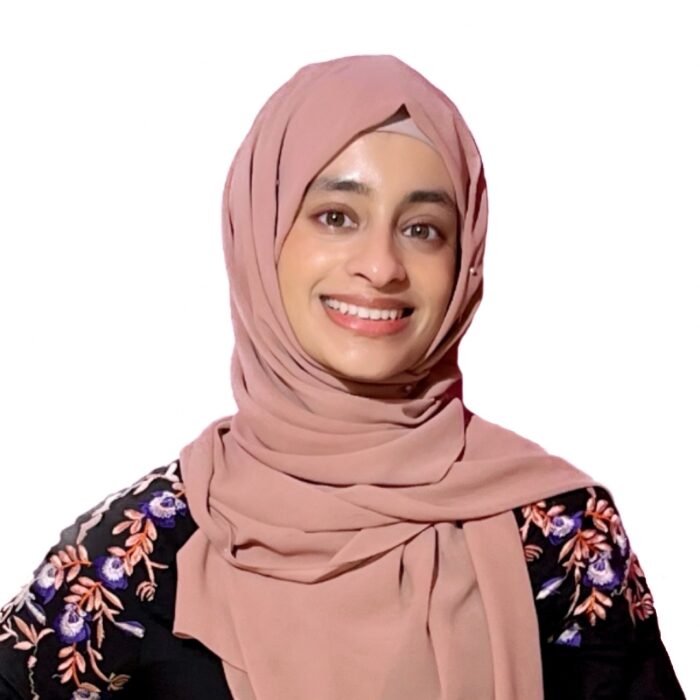Issam Eido
Posted on August 09, 2021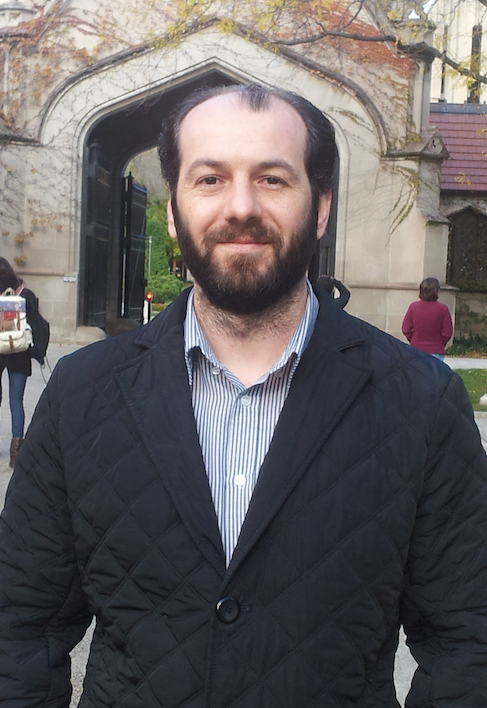
Dr. Issam Eido is a Global Academy Scholar in partnership with the Middle East Studies Association (MESA). He is also an Assistant Professor of the Practice of Religious Studies at Vanderbilt University Department of Religious Studies. A former visiting scholar of Islamic and Arabic Studies at The University of Chicago-Divinity School (2013-2015). Prior to the Syrian uprising, Eido served as a lecturer in the faculty of Islamic Studies in the Department of Quran and Hadith Studies at the University of Damascus.
Eido’s research focuses on the Qur’an, Hadith Studies, Sufism. His teaching interests focus on Qur’an, Hadith, Early Islamic legal theory, and Arabic Studies.
Eido received his Ph.D. from the Department of Quran and Hadith Studies at Damascus University in 2010. For more information visit his webpage.
|
|


